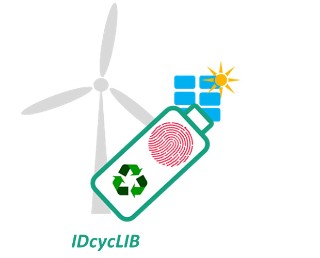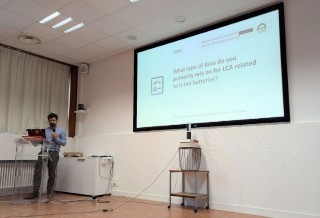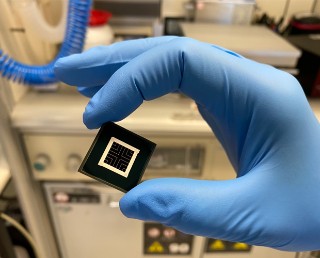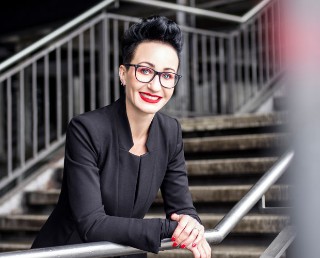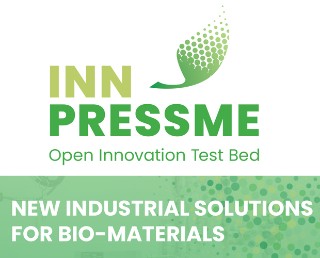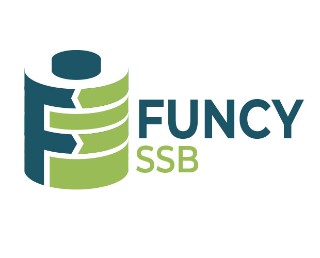
Solid-state batteries (SSBs) are considered the next generation of batteries com-pared to conventional Li-ion batteries. Despite significant research efforts, very few SSBs are market-ready. In recent years, various promising materials have been introduced, but one of the main challenges persists: the combination of these materials into a stable cell. The project consortium of FUNCY-SSB (pro-nounced "funky-ssb") with partners from Germany, Slovenia, and Norway aims to change this over the next three years.
more info